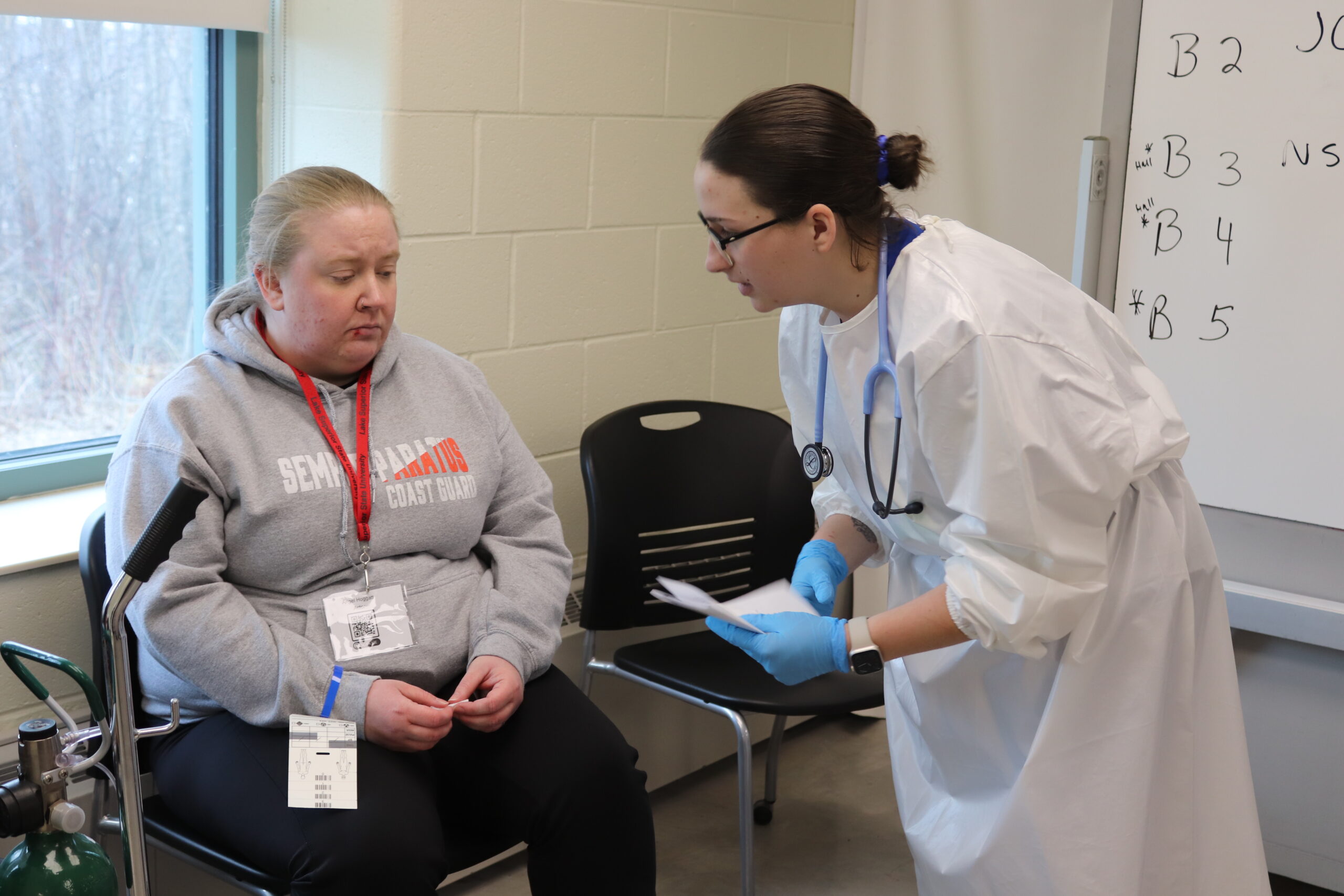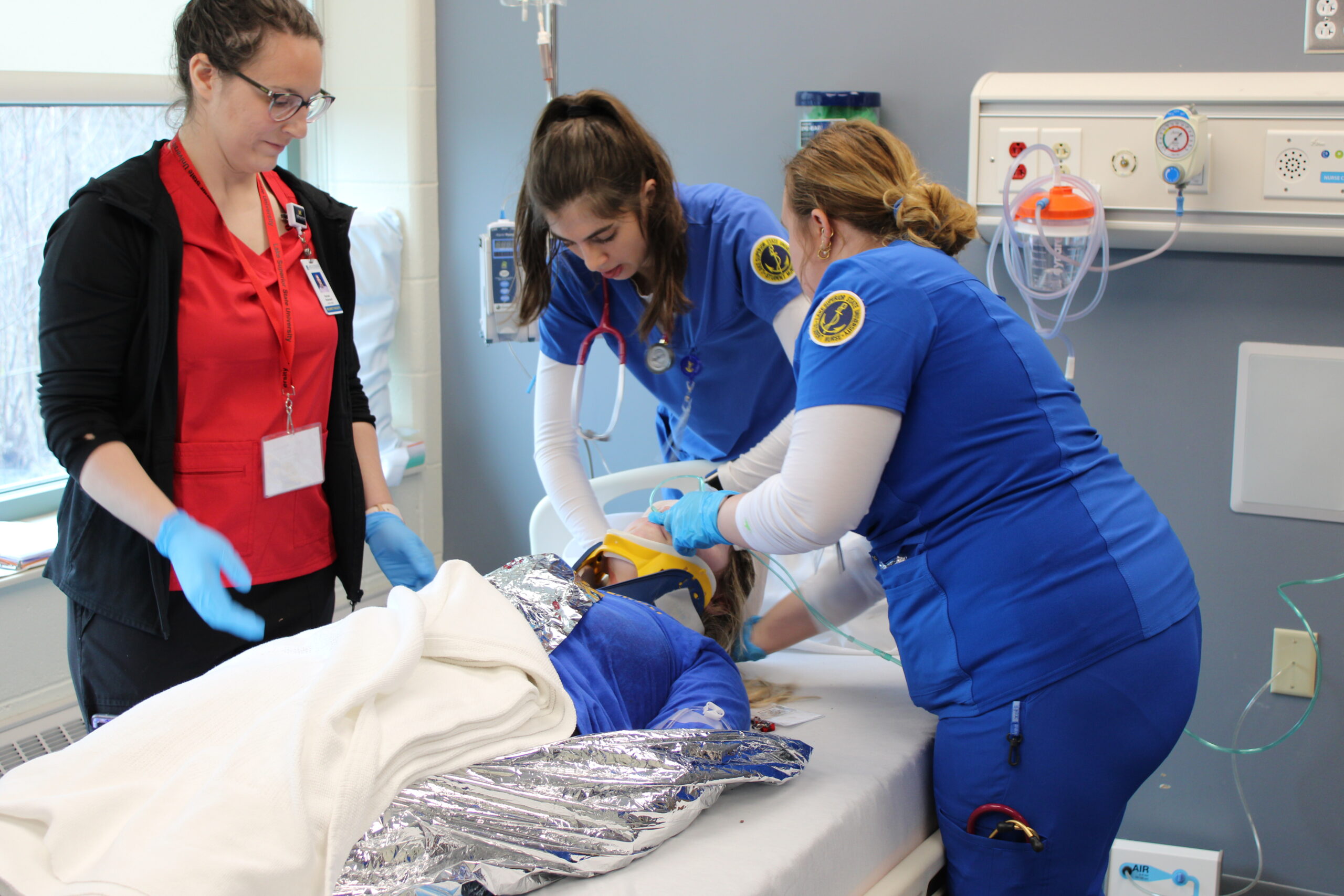
LSSU’s Post-Baccalaureate Rural Nurse Residency Certificate Program will graduate registered nurses equipped to address issues in retention, equity, access, and diversity in rural healthcare settings. Nurses are in high demand, especially in rural settings, for various reasons. Many regions worldwide are experiencing a significant need for new nurses to fill vacancies, replace retirees, and address growing shortages. In particular, numerous rural hospitals face the risk of closure, with a substantial percentage of them at an imminent threat.

Lake Superior State University has taken steps to address this urgent need through its innovative educational approach to improving the presence of BSN prepared nurses in Rural settings. LSSU believes it is an important aspect of our social responsibility to do or part to address equity, access, and diversity in nursing and rural health settings. LSSUs Post-Baccalaureate Rural Nurse Residency Certificate Program, is one of a kind globally.
To cater to the needs of working nurse residents, LSSU has developed learning strategies that incorporate a mix of virtual, simulation, asynchronous, and synchronous experiences, along with hands-on healthcare experiences. Nurse residents are also paired with both a nurse mentor and a nurse preceptor to facilitate evidence-based learning and professional growth.

LSSU’s Post-Baccalaureate Rural Nurse Residency Certificate Program benefits newly graduated BSN nurses, rural communities, and the healthcare industry as a whole. By focusing on building confidence, competence, critical thinking, and clinical judgment (the four C’s), the program equips first-year nurses with additional skills to advance their careers.
Simultaneously, it contributes to improving healthcare access in rural communities, helping alleviate some of the widespread inadequacies and improving access to care. Moreover, by increasing retention rates among BSN-prepared RNs in rural health care settings and reducing turnover, the program addresses nursing shortages prevalent in the healthcare sector.


Outcomes for Nurse Residents who enroll in LSSU’s Post-Baccalaureate Rural Nurse Residency Certificate Program